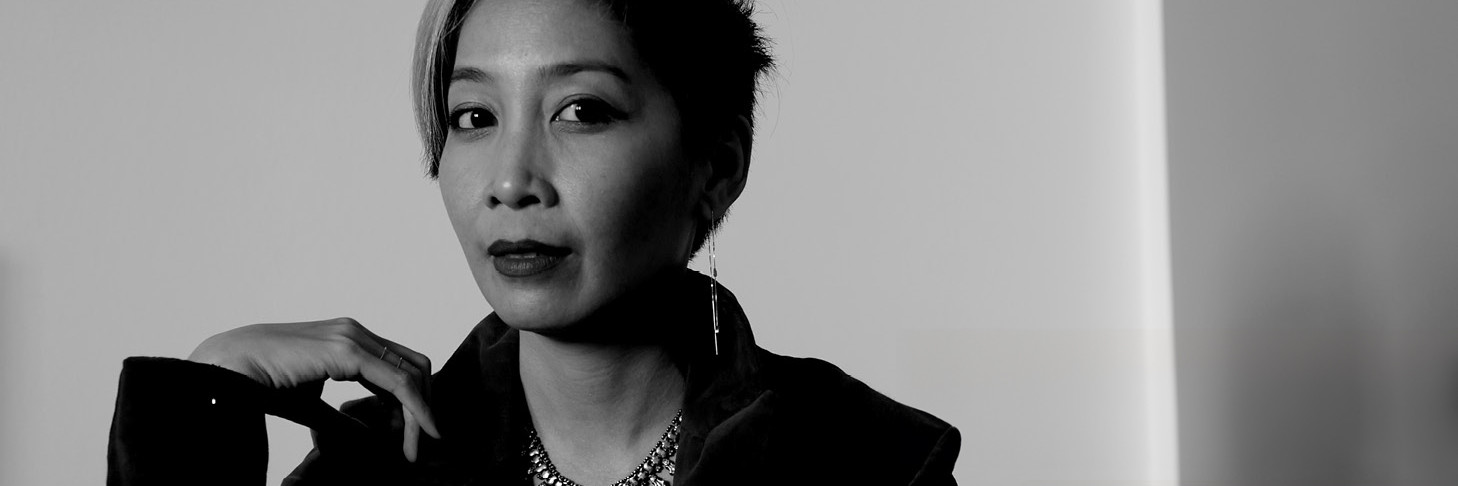The Ghostwhisperer
Tribute to Mattie Do
Mattie Do is one of cinema‘s pioneers. It feels a little strange to write this sentence after 125 years of cinema have already past. But the filmmaker, who grew up in Los Angeles and as an adult returned to Laos, the country her parents escaped from, is certainly reminiscent of the women and men who helped built the film industry in the early 20th century and established it as an independent art form. This starts with the fact that Do was the first female director who made a film in the Lao People‘s Democratic Republic. And it was she who opened up the country, which had basically no film industry, for international co-productions.
But her efforts to place Laos on the map of global cinema is only one side of her pioneering works. Her three films also show her as an artistic pioneer who does not just bring horror cinema to new, exiting territories. This obvious attribution often leads down the wrong trail. On one side, it awakens memories of American films like »The Sixth Sense« or the »Paranormal Activity«-series. On the other, it suggests a proximity to the Asian horror- and ghost-movies of recent years. However, in the end, Do‘s work as a director has little
to do with either. She actually chose her own path - one that shines a different light on the significance of ghost-appearances in the cinema. The horror that her images transports is not easily described with genre- vocabulary. It does not grow out of jump-scares or other manipulative techniques. It is rather an existential experience.
In »Chanthaly« the ghost is a woman clad in white garments who chases young Chanthaly. This ›woman in white‹ acts as a seductress who manipulates Do‘s protagonist until she can trust neither her memories nor her own eyes. In »Dearest Sister« Ana, who‘s slowly going blind, sees figures marked with deep wounds who are at first nearly undiscernible. Only after some time one finds out that these are the tortured souls of human beings who will soon die.
»Genre cinema is a perfect vehicle to tell a story about what is happening in our contemporary lives and in reality...but we are able to push it a little farther.« – Mattie Do
And in »The Long Walk« the protagonist, an old man, again and again meets the ghost of a young woman who dies in his presence 50 years earlier. On the long walk through life, she is his constant companion. A strange companion who is bound to him as he is to her and who allows him to travel back to his childhood.
But there‘s one thing these emissaries from the realm of the ghosts have in common. They don‘t stand for something alien and don‘t have to be fought or even conquered. They are rather part of a world that encom- passes the material as well as the spiritual. In »Chanthaly« and »The Long Walk«, which are strongly shaped by traditional religious traditions and perceptions, the power dynamic between the living and the dead even reverses. It is the humans who create the ghosts by denying the dead the ceremonies that would allow them to transition to a new life. The ghosts turn out to be the prisoners of those who cannot let go or, like Chanthaly‘s father, have lost all belief in the spiritual.
This is how Do and her partner and screenwriter Christopher Larsen transcend the prevalent limits of cinema and at the same time also the limits of our thinking. The implicitness that Do uses to direct the young woman in »The Long Walk« has something magical and deeply moving. Her pain and her suffering fill the film in a discreet way and at the same time open up a different perspective on the deeds and beliefs of the old man who has lied to himself for nearly his entire life.
Dos films are sensual and moving as well as deeply philosophical and are currently nearly unique in the world of the big film festivals. A quiet, near-hypnotic beauty exudes from them. But their formal elegance never obscures their analytic precision. Hardly any film has ever described the destructive results of a patriarchic society as emphatically as »Chanthaly«. But that becomes clear only in hindsight, when the images of a young woman trapped in her little world have burnt themselves into memories and hearts.

